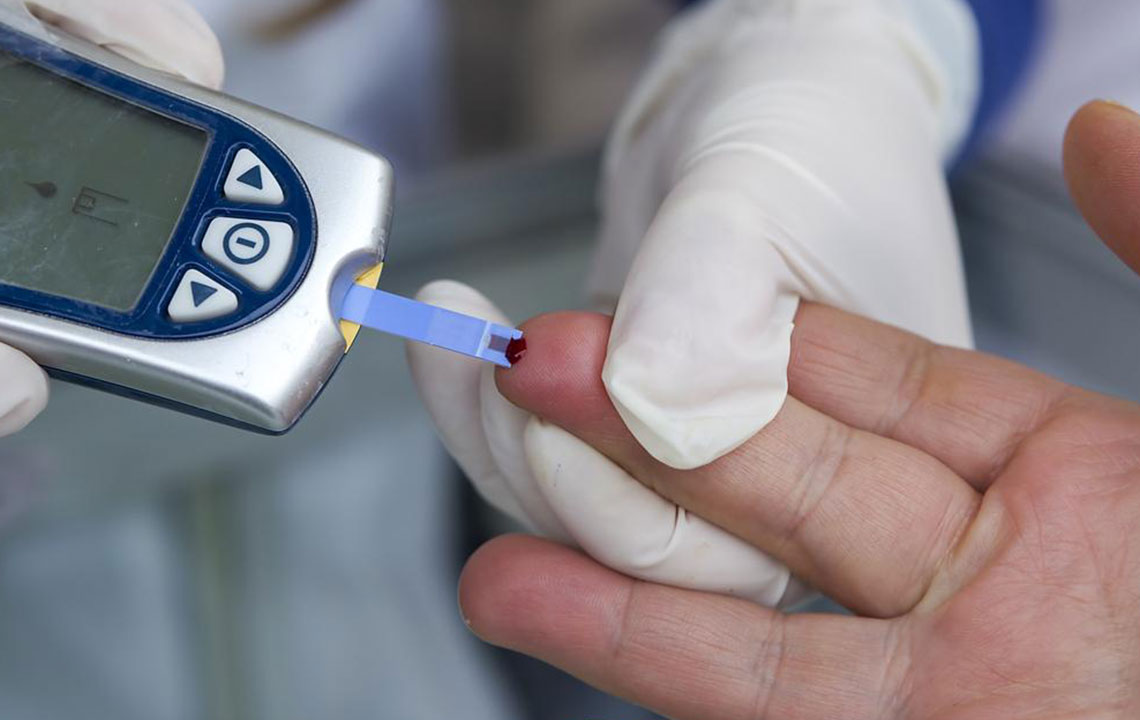Foods That Cause Blood Sugar Spikes and How to Manage Them
Learn about foods that can cause blood sugar spikes and discover effective dietary strategies for managing diabetes. This guide highlights common foods to avoid and healthier alternatives to help maintain stable blood sugar levels and improve overall health.

Foods That Cause Blood Sugar Spikes and How to Manage Them
For individuals with diabetes, maintaining a balanced diet involves three key principles: choosing nutritious foods, managing portion sizes, and sticking to consistent meal times. While medications and insulin are essential, the significance of proper dietary choices cannot be overstated.
Particularly for type 2 diabetes, understanding which foods can rapidly elevate blood sugar levels is crucial. Simple carbohydrate-rich foods, like white bread or sugary beverages, are quickly processed into sugar by your body, leading to sudden blood sugar rises.
This rapid absorption of sugar into the bloodstream causes blood sugar levels to spike. To manage diabetes effectively and maintain good health, it’s best to avoid certain foods that can disrupt blood sugar stability.
White Rice : Diabetics should limit or avoid white rice as it contains minimal fiber, which is vital for regulating blood sugar. Opt for brown rice as a healthier alternative since it has more fiber and supports blood sugar control.
Refined White Bread : Made from refined flour, white bread is quickly digested, causing rapid sugar absorption. Whole grain breads are better options because they contain more fiber and help sustain blood sugar levels.
Red and Processed Meats : Consuming high-fat red or processed meats can raise saturated fat levels and increase the risk of developing type 2 diabetes. Instead, consider plant-based proteins like nuts or low-fat dairy to support better health.
Maintaining control over blood sugar levels through proper diet is vital to prevent serious health complications. Making mindful food choices is key to living a balanced, healthy life with diabetes.
Note:
The information provided here about symptoms, treatments, and health conditions is for educational purposes only. It should not replace professional medical advice. Always consult licensed healthcare providers for diagnosis and treatment plans. Use this information at your own discretion and seek expert guidance when necessary.










